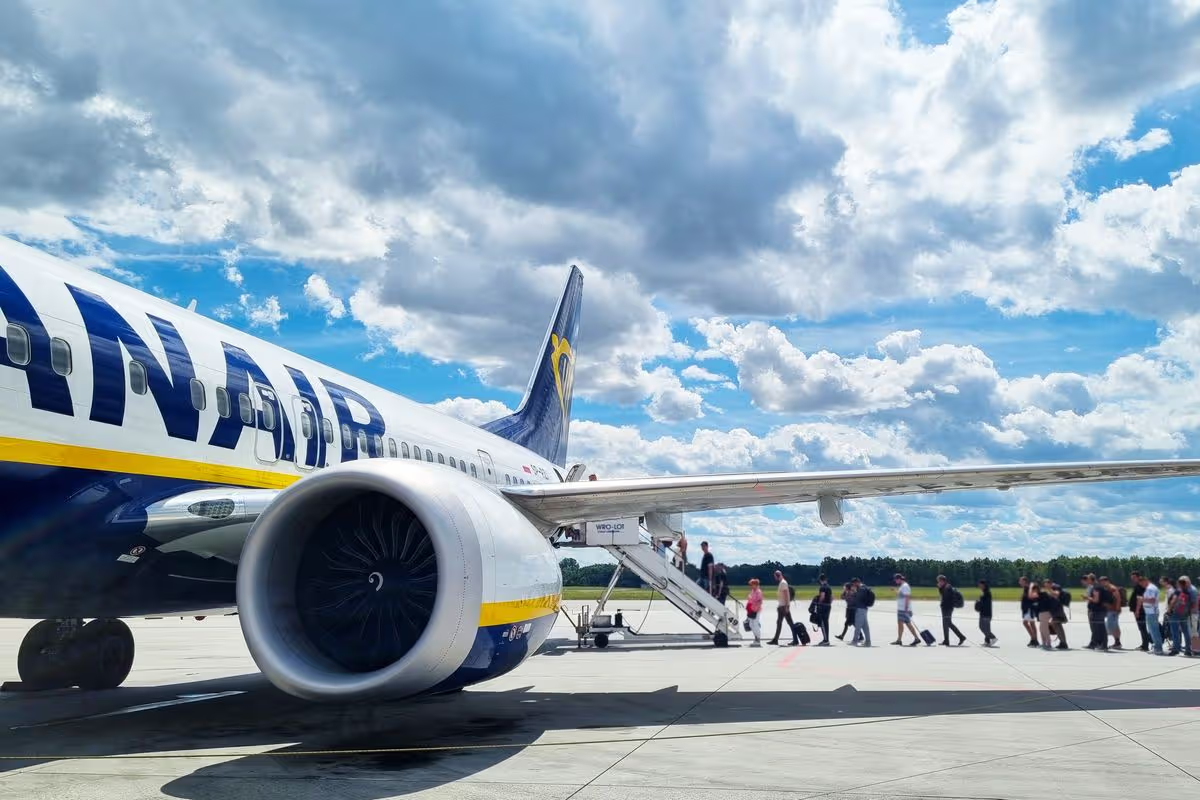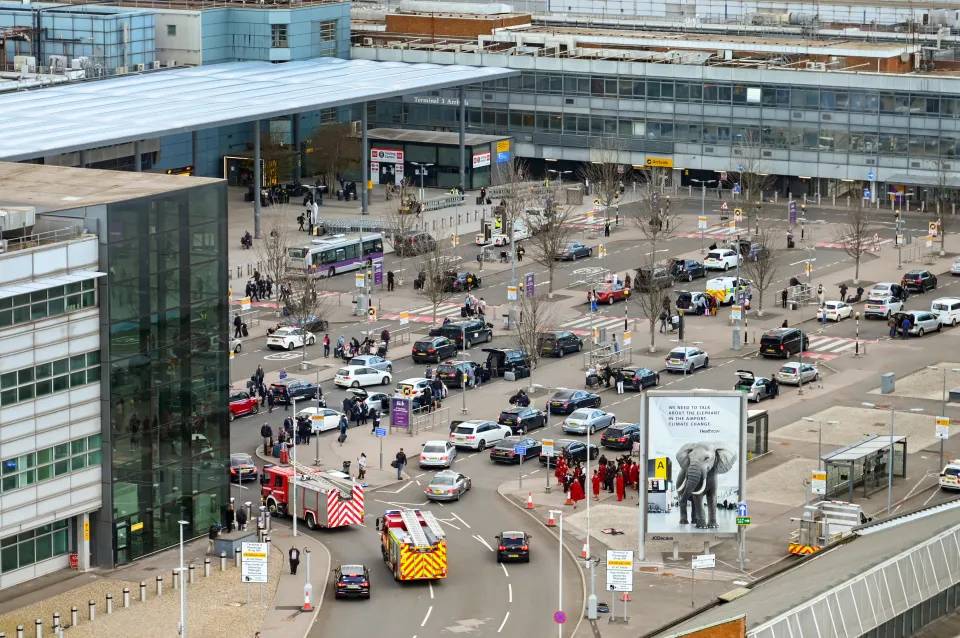Travel experts reveal the three types of items you should avoid packing in your cabin bag when flying with budget airlines like Ryanair and easyJet
Travellers who choose to fly with budget carriers such as Ryanair and easyJet can take advantage of remarkably low fares if they travel with hand luggage only. However, these airlines, like numerous other low-cost operators, require passengers to pay additional fees for larger cabin bags or checked luggage.
Should you turn up at the airport with more than your permitted luggage allowance, you could be stung with substantial excess charges. Matthew Corrigan, CEO of Trtl Travel, recommends that one of the most effective ways to maximise your luggage allowance and sidestep extra costs is to pack cleverly.
He said: “Airlines such as Ryanair, British Airways, easyJet and Jet2 are cracking down on hand luggage passengers.”
In recent years, numerous airlines have tightened restrictions on the amount of hand luggage passengers can bring aboard. For example, Ryanair now only permits passengers to bring one small item of luggage per person free of charge.
Matthew said: “One of the main downsides of travelling with only a carry-on bag is significantly less space for your belongings.
“Whilst this may seem like a deal-breaker, there are some simple ways to maximise the space in your hand luggage.”
According to the specialist, this means leaving certain everyday essentials behind that could be taking up considerable space or adding unnecessary weight.
Travel guru Matthew has some shrewd advice to banish your packing headaches for good. He suggests: “Avoid packing items that will be provided by the accommodation – such as hairdryers, towels, and toiletries. Only bring items you know you’ll use, and try to share phone chargers and other technology wherever possible.”
Before you start packing those bulky bottles of shampoo or a hefty hairdryer, check with your hotel first; there’s a good chance they’ve got you covered. And let’s face it, you can pick up toiletries at your destination if needed.
Heading somewhere chilly? Matthew’s tip: wear your coat and chunky knits on the plane instead of cramming them into your bags.
Walk through departures in your winter wear, he says, because after all, you can throw your coat over your arm if you warm up. Plus, it won’t count against your cabin baggage allowance and you’ll avoid the shivers mid-flight.
He added: “It’s best to wear large items such as jumpers and coats onto the plane rather than packing them. This frees up space and ensures you don’t get cold during the flight.”









